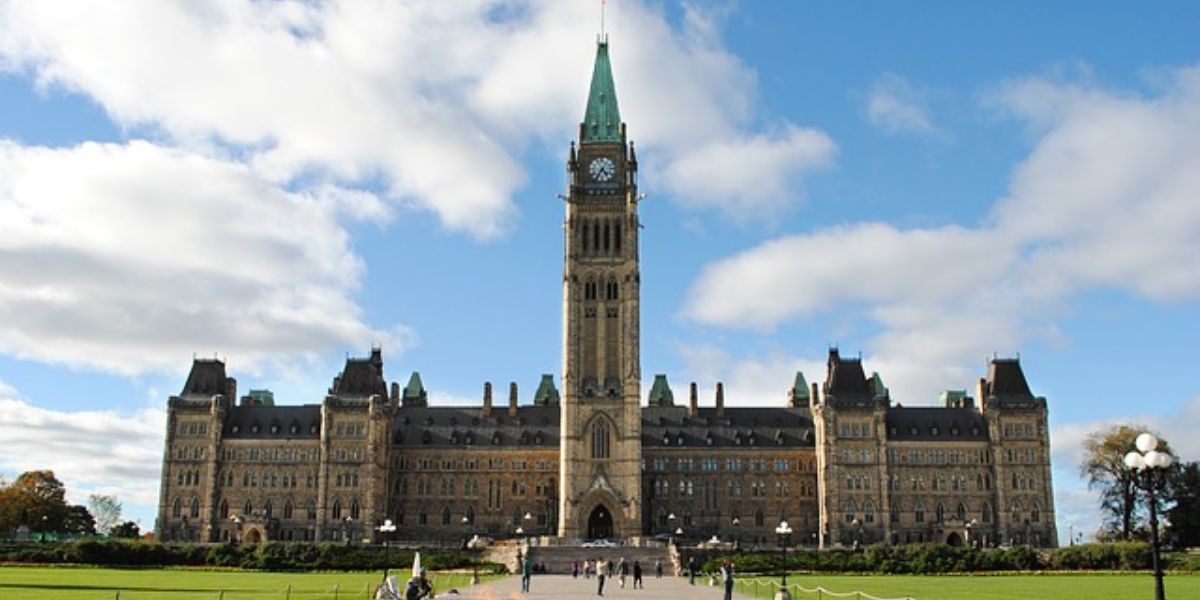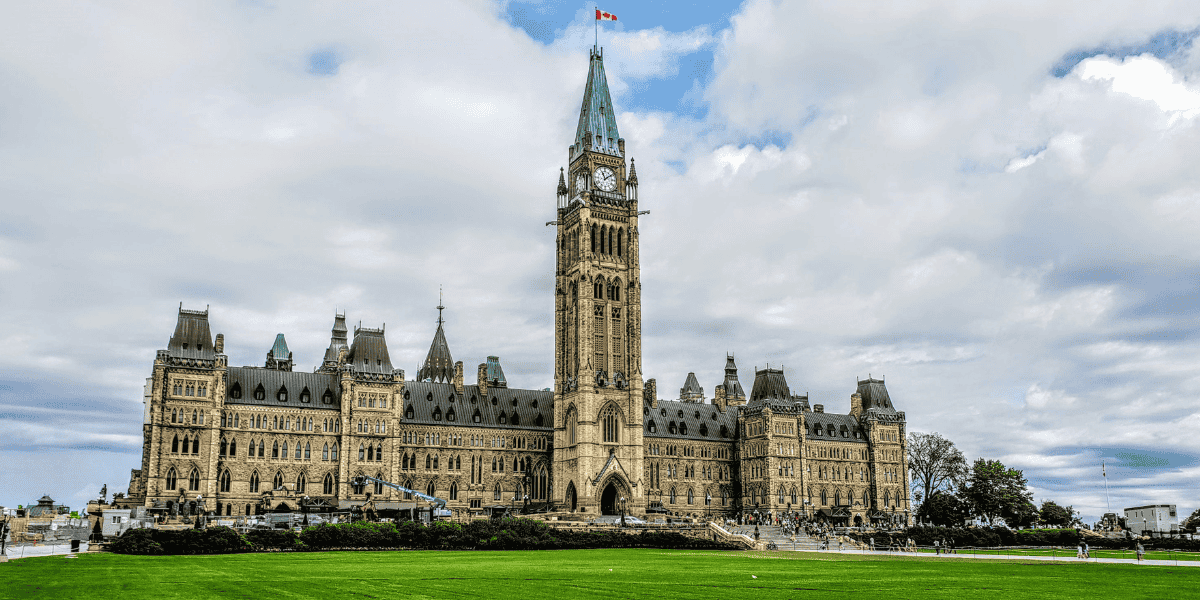Canada’s government has initiated public consultations concerning the potential taxation of vacant residentially zoned land. Announced in the Budget 2024, this initiative aims to motivate private landowners to develop unused properties.
The consultation will accept submissions until 31 December 2024.
In Budget 2024 and Canada’s Housing Plan, the federal government announced the most ambitious housing plan in Canadian history – a plan to build nearly 4 million new homes by 2031. To help achieve this ambitious target, the federal government is rolling out a suite of policies that will unlock more land for new housing development, including surplus, underused, and vacant public lands.
To encourage private sector landowners to develop their vacant land, Budget 2024 announced that the government is considering a tax on residentially zoned vacant land. Canada is a vast country with differing local needs and land availability. The federal government recognises that such a policy may need to be tailored to address the unique circumstances and requirements of each region.
The federal government is undertaking this consultation to:
- Hear views from all stakeholders on the potential application of vacant land taxes, including feedback on their potential design and impacts; and
- Gauge interest from provinces, territories, and municipalities on the potential introduction of vacant land taxes at the provincial, territorial, and municipal levels, with federal funding to support their implementation.
The questions included in the consultation paper, which provides a general description of a vacant land tax base, such as lands to which such taxes could apply, followed by questions for all stakeholders and provinces, territories, and municipalities.
The government invites stakeholders to address specific questions, as detailed in the consultation request.
Questions for all stakeholders
- What are your thoughts on a vacant land tax potentially applying in your community? Do you believe it would be an effective policy to incentivise housing development? Why or why not? Do you foresee potential drawbacks or unintended consequences that should be considered?
- Are there reasons that may help explain why some vacant land is not being actively developed in your community? If you currently own land that may reasonably be considered to fall within the proposed criteria (i.e., vacant, residentially or mixed-use zoned, serviceable, and physically developable) and you are not actively developing it nor applying for permits to develop it, why is this the case?
- Are the proposed criteria (i.e., vacant, residentially or mixed-use zoned, serviceable, and physically developable) for lands to be included in a potential tax base suitable?
- Are there particular elements to consider in the policy design of these criteria?
- When should land be considered vacant?
- Should surface parking lots, lots with derelict structures or underdeveloped lands be considered vacant?
- What criteria should apply in determining whether land is serviceable?
- Should other criteria be considered?
- In what circumstances might it be appropriate to pause the application of a vacant land tax in respect of a particular site? For example, some may consider it appropriate to pause the application of tax once development has commenced. Are there other circumstances where the tax should be paused or otherwise relieved?
- Are there considerations or circumstances that you feel should warrant special attention?
- What considerations should inform the tax rate that would apply to a vacant land tax base? To what extent, if any, should the tax rate vary by jurisdiction?
Questions for provinces, territories, and municipalities
- Would you be interested in further engaging with the federal government on a potential vacant land tax? Why or why not?
- What are the impediments to introducing a vacant land tax in your jurisdiction? What potential solutions would overcome these impediments?
- On what basis would your government like to see funding allocated to participating jurisdictions?
- Are there any other considerations you would like to bring to the federal government’s attention regarding the taxation of vacant lands?












